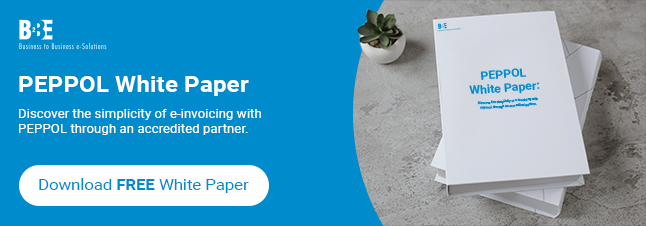When it comes to business relationships, supply agreements are the foundation upon which partnerships are built. These legal documents define the terms, expectations, and responsibilities of both parties involved. But what truly distinguishes an effective supply agreement from the rest? Let’s explore these key elements:
Clear and Precise Language: The Cornerstone of a Supply Agreement
- A Clear Definition: Firstly, a well-crafted supply agreement starts with a crystal-clear definition of the products or services to be provided. Ambiguity can lead to disputes, so a precise description is essential.
- Detailed Terms and Conditions: Clarity extends to the terms and conditions. Each party’s obligations, responsibilities, and expectations should be explicitly outlined. This includes pricing, delivery schedules, quality standards, and payment terms.
Alignment of Interests: Mutual Goals
- Shared Objectives: An effective supply agreement aligns the interests of both parties. It’s not merely a transaction but a partnership designed to achieve mutual goals, whether it’s cost reduction, quality improvement, or market expansion.
- Performance Metrics: To ensure alignment, the agreement should include key performance indicators (KPIs) and measurable targets. This allows for regular evaluations to track progress and also make adjustments as necessary.
Flexibility and Adaptability: The Agile Supply Agreement
- Change Management: Business landscapes evolve, and an effective supply agreement should account for change. Provisions for amendments, adjustments, or expansions should be included, allowing both parties to adapt to new circumstances.
- Dispute Resolution: In case disagreements arise, a clear dispute resolution process should be outlined. This can save both time and money by avoiding protracted legal battles.
Compliance and Risk Mitigation: Protecting Interests
- Legal and Regulatory Compliance: An effective supply agreement should address legal and regulatory requirements relevant to the industry. This ensures that both parties adhere to applicable laws, protecting against potential liabilities.
- Risk Mitigation Strategies: Risk is inherent in business, but a well-structured agreement should outline risk mitigation strategies, including insurance, liability caps, and indemnification clauses.
Continuous Communication: The Lifeline of a Supply Agreement
- Open Communication Channels: Effective supply agreements prioritise open and transparent communication. Regular meetings, reporting, and feedback sessions can help address issues proactively.
- Relationship Building: Beyond the legal framework, an effective supply agreement fosters a strong working relationship. Furthermore, building trust and understanding between partners can lead to long-term success.
The Role of Technology: PEPPOL Access Point
In the digital age, technology plays a vital role in supply agreements. PEPPOL (Pan-European Public Procurement On-Line) Access Point is a prime example. It’s a standardised e-procurement network that streamlines the exchange of procurement-related documents between businesses and government agencies. Incorporating PEPPOL into your supply agreement can also enhance efficiency and compliance.
Conclusion: Crafting Your Effective Supply Agreement
In conclusion, an effective supply agreement goes beyond legal jargon; it’s a roadmap to a successful partnership. By focusing on clear language, alignment of interests, flexibility, compliance, continuous communication, and leveraging technology like PEPPOL Access Point, you can craft an agreement that not only protects your interests but also propels your business toward growth and prosperity.
Learn more about PEPPOL by downloading our FREE White Paper here.
About B2BE
B2BE delivers electronic supply chain solutions globally, helping organisations to better manage their supply chain processes, providing greater levels of visibility, auditability and control. We’re driven by a passion for what we do, inspired by innovation, and underpinned by a wealth of knowledge. With over 20+ years of experience, the B2BE teams operate worldwide.
Ga voor meer informatie naar www.b2be.com.

